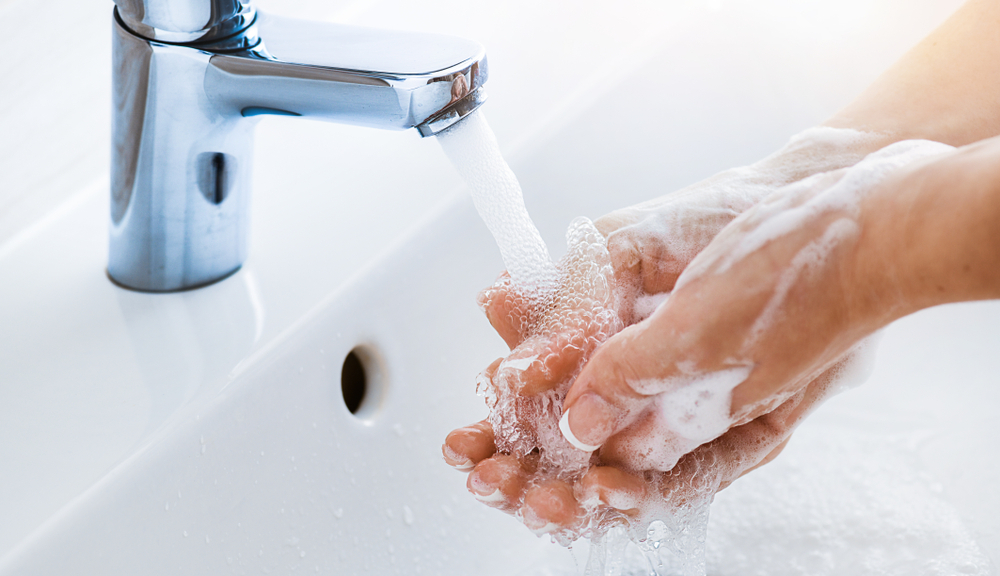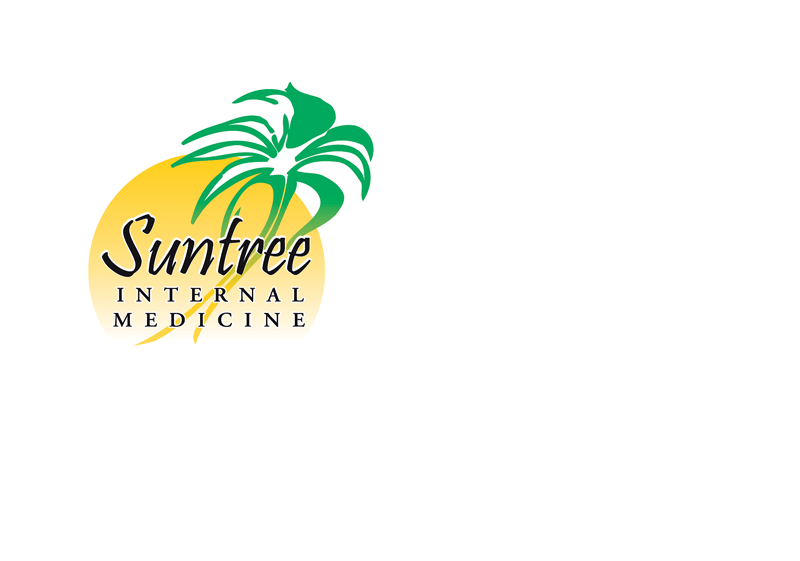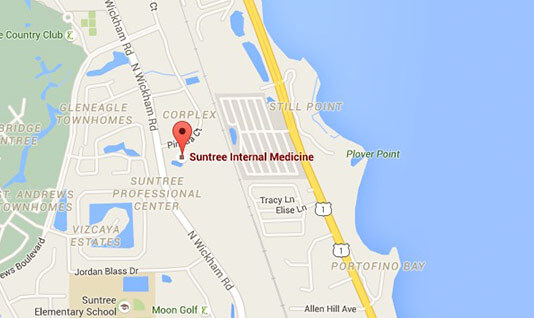National Handwashing Awareness Week
Posted on: December 7, 2020

Every year the first week of December is National Handwashing Awareness Week, but we should make it a habit to be hygienic every day and ensure that our families are aware. Between the flu season and now COVID-19, we must really take the initiative to practice good hygiene to prevent the spread of germs.
Germs can be easily spread from other people and just by touching anything. That is why it is important to not touch your eyes, nose, or mouth without washing your hands first. Imagine how many people touch the same objects or surfaces you have touched. Now think about how many of those people may have blown their nose, coughed, or sneezed into their hands. Who have they spread their germs to, what have they infected? It is a vicious cycle and handwashing can help end it.
Most of us were taught that washing your hands after using the bathroom, before preparing food, and before eating is a must. It is also important to wash your hands several times a day outside of these everyday tasks. To properly wash your hands, you need to wet your hands with clean water, add soap, and lather your hands by rubbing them together making sure to get the back of your hands, in between your fingers and under your nails. Did you know that most bacteria on our hands are underneath our nails? Be sure to scrub your hands for a minimum of 20 seconds. Rinse your hands under the water and dry with a clean paper towel or towel. Air drying your hands is not advised as damp hands are 1,000 times more likely to spread bacteria than dry hands. Unfortunately, only 20% of people actually dry their hands after washing.
If you are unable to wash your hands, you should use hand sanitizer. Although it is not as effective as hand washing, it does reduce the number of germs. Per the Centers for Disease Control and Prevention (CDC), an alcohol-based hand sanitizer that contains at least 60% alcohol is recommended.
COVID-19 is unfortunately still spreading and washing your hands is vital to help prevent this. It is still advised to properly wash your hands or use hand sanitizer when washing your hands is not possible before and after you touch your eyes, nose, or mouth. You should also wash your hands when you enter and leave any place, as well as after touching any object or surface that other people have touched. Since there are so many things you can touch that may have the virus, you need to avoid touching your mask. Many people use cloth masks that can be reused once washed. The issue is that people are touching things that everyone else touches and they end up touching their masks without washing their hands prior and may not always wash their masks immediately.
Handwashing prevents many sicknesses. It reduces the number of deaths in children from pneumonia, which is number one in childhood deaths. It is vital to learn and practice proper handwashing. As you can see cleanliness and good hygiene are necessary to live healthy, productive lives.




